NATS at Bristol Airport is to drop its Lower Airspace Radar Service from Wednesday, 28 February 2018.
Steve O’Donoghue, the NATS general manager at Bristol Airport tower, said: “This isn’t a decision that’s been taken lightly, but having been assured that we are meeting the CAA’s requirements, we have regretfully come to the conclusion that there is no other feasible option but to close the LARS service.
“We believe this will strike the best balance between maintaining the best possible access to controlled airspace for all users, while at the same time recognising the sustained traffic growth the airport is seeing.
“While LARS is closing, all pilots are still able to request access to controlled airspace, and we strongly encourage all pilots to continue to use Bristol’s listening squawk of 5077 and maintain a listening watch on 125.650 MHz whenever they are operating in the vicinity of Bristol CAS.”
Bristol Airport saw 73,536 aircraft movements in 2016, up 8% on the previous year.
Q&A with NATS Bristol
Who should I contact to obtain a Lower Airspace Radar Service (LARS) from 1st March 2018?
LARS will not be available from Bristol from this date; however there are multiple LARS Units in the adjacent area with overlapping areas of coverage. LARS will continue to be available from Cardiff, Brize Radar, Yeovilton, Boscombe Down and Bournemouth during notified hours. A Basic Service is also available from London Information H24.
What services will be available from Bristol from 1st March 2018.
An Airspace Crossing or CAS entry Clearance
Bristol CAS is active 24 hours a day and the requirement to obtain a CAS entry or crossing clearance has not changed.
Listening Squawk
Bristol has a listening Squawk of 5077. If you are not in receipt of an air traffic service we strongly encourage all pilots to use this squawk and maintain a listening watch on 125.650 MHz whenever they are operating in the vicinity of Bristol CAS.
If we need to advise you of any flight safety information or we need to identify you for any other reason we will contact you. If you are Mode S transponder equipped we are able to see your registration or callsign, for all other flights we will make a blind transmission, giving your position in relation to a ground feature and request that you identify yourself.
NOTE: Use of the listening squawk does not imply permission to enter Bristol CAS – please remain outside CAS unless you are in receipt of a clearance.
Specific Flights
There may be occasions when due to the nature and/or location of the proposed aerial activity controllers may elect to provide a service on the grounds of flight safety.
AIC Yellow 5/18 (published 15 February 2018) provides further guidance to pilots flying in the vicinity of Bristol CAS.


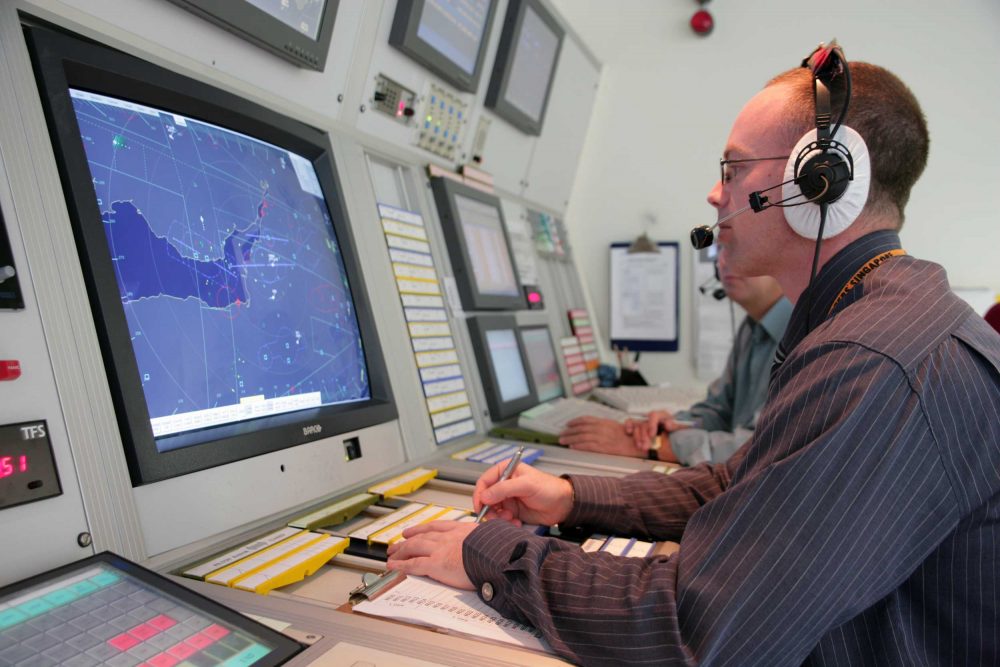
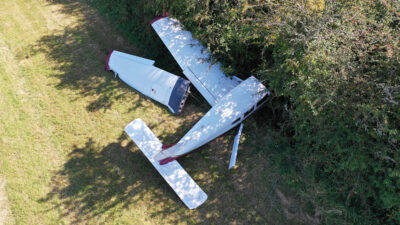
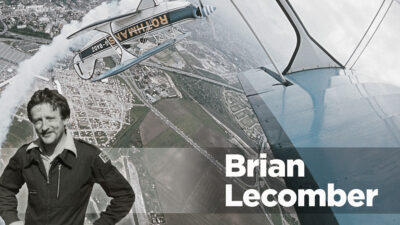
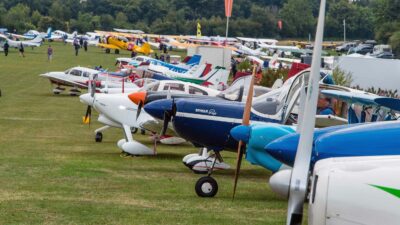
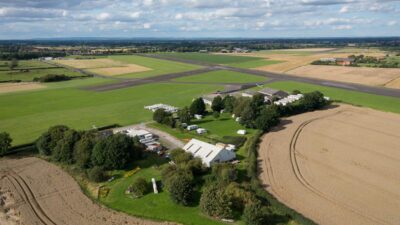
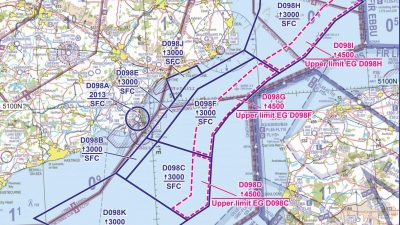

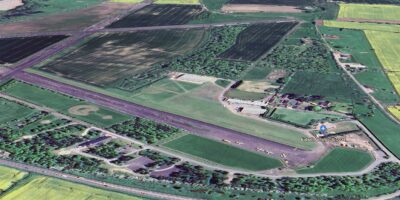
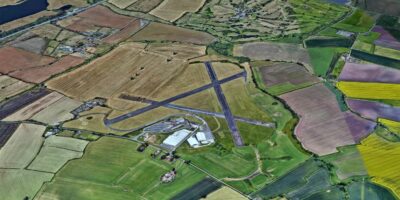
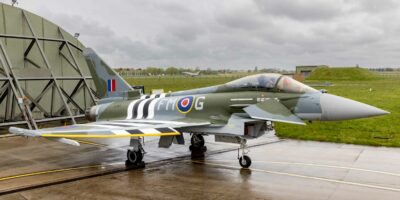
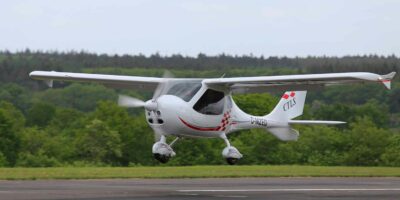
5 comments
I do not understand how this decision has been made – it certainly does not seem to be with GA safety in mind…. which we are always told is the number one priority when it comes to airspace grabs.
Is it realistic to expect Cardiff or Brize to pickup the slack around the river Severn (and Gloucester) when both are at the far end of their range – have they even been asked ?!!
I can see how the decision was made.
It costs more to man LARS than is received in payment for providing the service, which is essentially free to the end user.
It has nothing to do with ‘airspace grabs’. Bristol have stated they can still fulfil their requirement to ensure fair access by removing LARS.
You can still request a service around Bristol, but the area of service availability may be significantly reduced from now.
Bristol ATCs contract is with Bristol airport, that is the priority over LARS when it comes to ATCO provision which nationally is in very short supply.
What ‘airspace grab’? Bristol aren’t asking for new airspace.
For other units picking up the slack, Bristol had to do the same when Filton closed, does so when Yeovilton isn’t open or NOTAMs not providing LARS, or when Cardiff doesn’t provide. As for not being asked, they provide LARS to certain limits, for most units, that’s out to 40-42nm.
The fault lies with the underlying system of LARS payments. The CAA pays ANSPs less than the total cost of one controller to provide 24/7 service. As airports expand they just can’t provide LARS and radar services to commercial flights inside controlled airspace and something has to give. Sometimes Bristol controllers link their frequencies and if you’ve ever spoken to them in the summer when this is happening, they are busy! I’m surprised they’ve kept the LARS until now.
Having been relieved of over £200 every time I’ve landed there (which included the £45 nav fee), I was slightly taken aback by the decision, but then I also realised there was overlap with other providers.